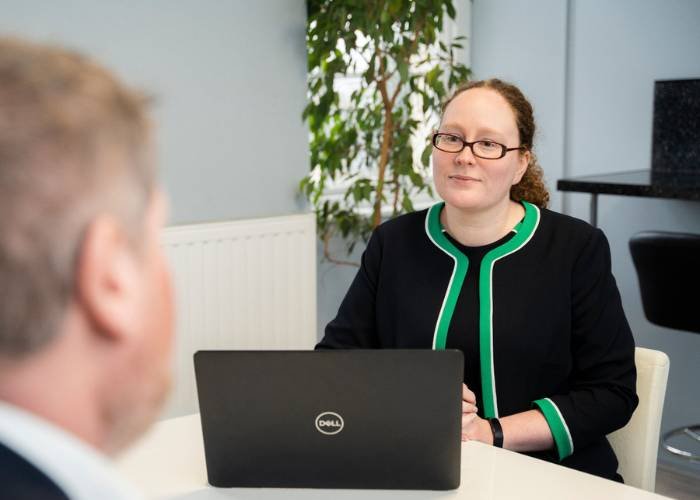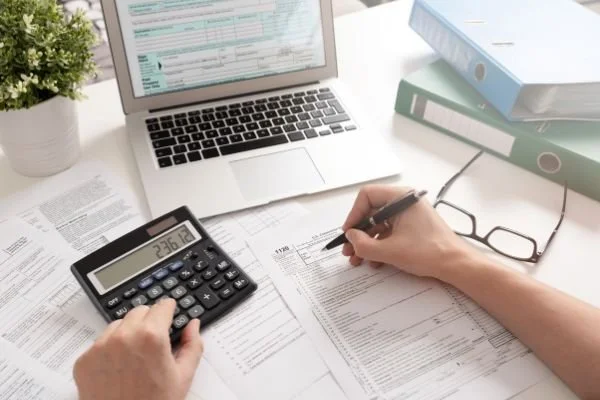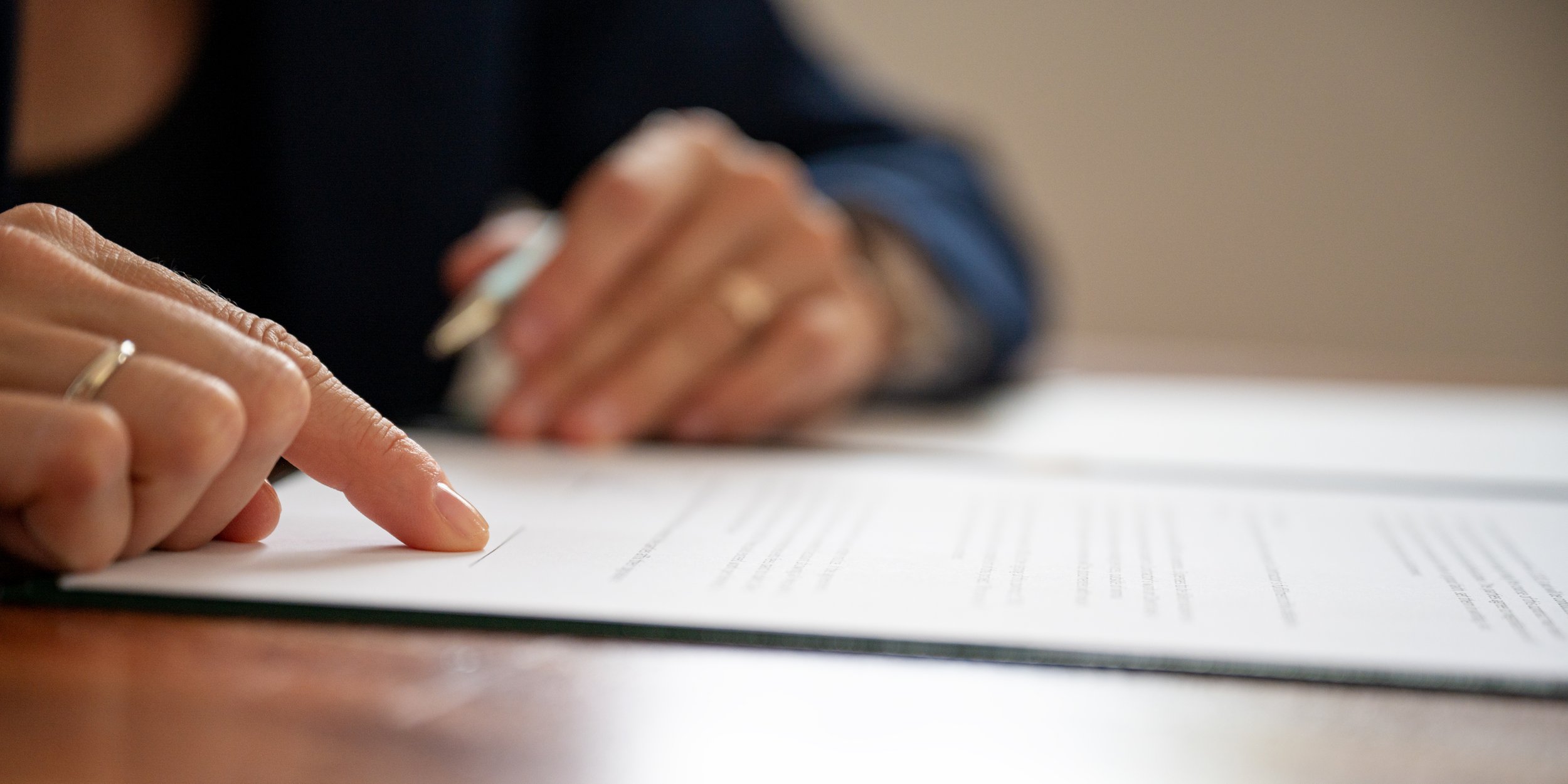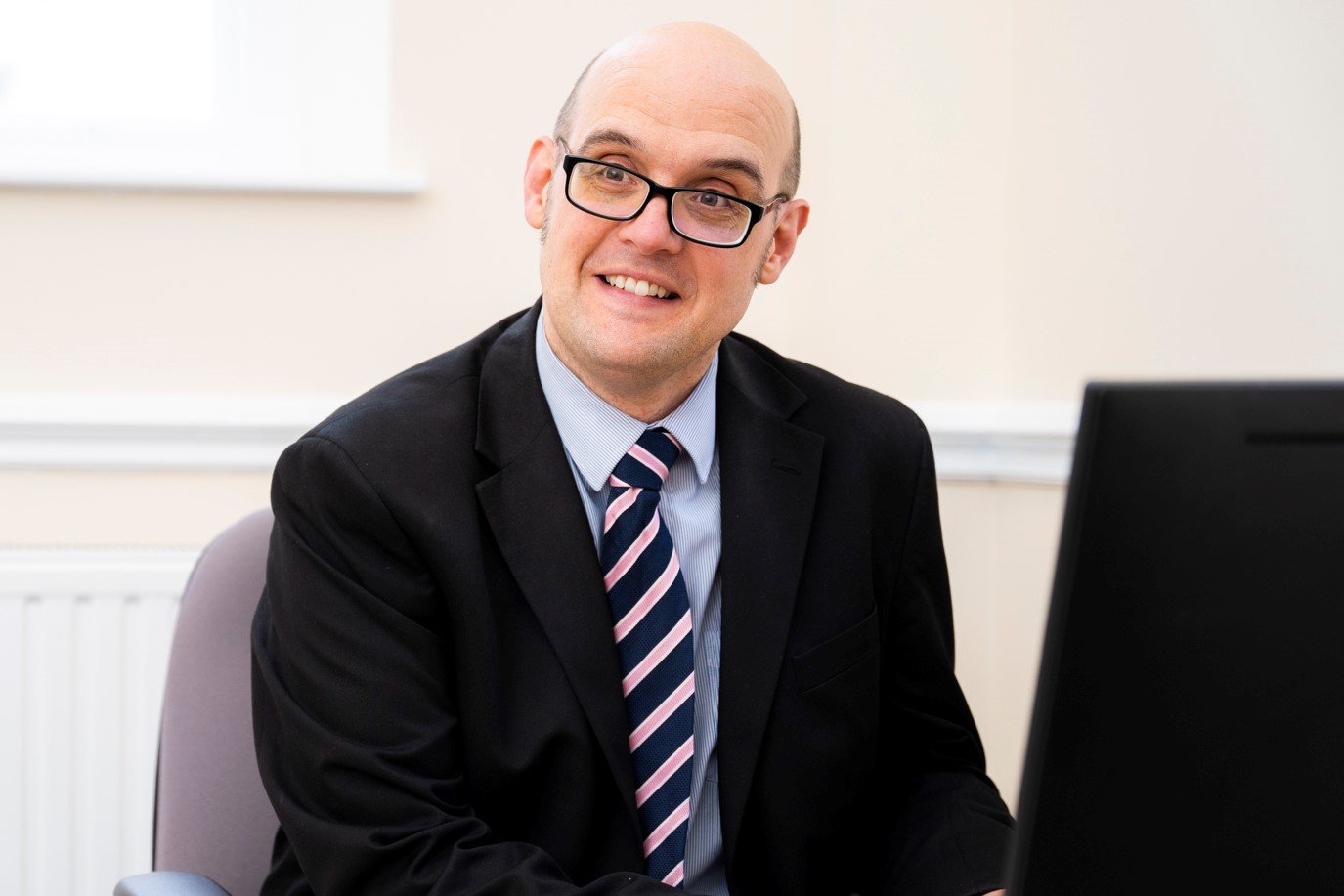Notary Services in Plymouth
Claire Thompson who works within our Wills, Trusts, Tax and Probate team as a solicitor is also a Notary Public and, in her work as a Notary, is independent from Nash & Co Solicitors LLP. Claire is regulated through the Faculty Office of the Archbishop of Canterbury and her work as a Notary is covered by a separate formal complaints procedure.
There are three branches of the legal profession; Solicitors, Barristers and Notary Publics. Notaries are qualified lawyers and can assist with a wide range of documents for use both in the United Kingdom and overseas. There are only around 850 Notary Publics in England and Wales which means that there are far fewer notaries than solicitors or barristers.
arrow_back Back to Wills, Trusts, Tax and Probate
Notary services for individuals
A Notary Public is a qualified lawyer who prepares and authenticates documents for use overseas, typically providing services for those with interests overseas.
Claire Thompson, solicitor in our Wills, Trusts, Tax & Probate team, is also an independent Notary Public and is able to assist with a wide range of documents for individuals. Some examples of the documents that she can assist with are:
Affidavits confirming freedom to marry
Administering Oaths, Statutory Declarations and Affidavits
Attesting overseas powers of attorney
Authenticating personal documents
Assisting with documents for the sale of land overseas
Authenticating information for immigration or to work overseas
Authenticating documents for overseas adoption
Assisting with documents to administer estates overseas
Claire can also assist with legalisation, which a large number of notarised documents require. This involves arranging for further authentication by the Foreign Commonwealth and Development Office (FCDO) and/or the embassy or consulate of the country in which the document is to be used.
This is not an exhaustive list so if the document that you need is not on this list, contact Claire directly on 01752 827074 or email her at cthompson@nash.co.uk, as she may still be able to help or point you in the right direction.
The role of a Notary
A key part of the Notary’s role is to authenticate the documents that they receive. This means that the Notary has to check that there is sufficient evidence that the document provided is what it is claimed to be. When dealing with documents that do not require authentication, such as affidavits, the Notary’s role is to ensure that the document is complete and accurately represents the situation as the client believes it to be. With other documents, such as powers of attorney, the notary’s role is to ensure the document is legally compliant and that the person signing the document has the capacity to do so and is doing so freely. A Notary is never just there to stamp a document without examining it further, making all relevant checks and asking all necessary questions.
Why use Claire?
When you visit a Notary it is generally because something significant is happening in your life. You might need a Notary to validate your identity for an international transaction, confirm the authenticity of your academic qualifications for use abroad, or ensure your personal documents are recognised in another country. You aren’t just receiving a stamp or a signature; you’re getting a solution that is tailored to your unique needs and circumstances.
No two notarisation cases are the same. That’s why Claire steers clear of the “one-size-fits-all” approach. Your documents and the associated processes will be managed with the utmost care and precision, assuring your peace of mind. Claire provides clear guidance through every step of the notarisation process. She understands the complexities and often the urgency involved, and is committed to offering you more than just her expertise. With Claire your important documents are in safe hands.
Related services
As you’re reading our Personal Notary Services page, you might be interested in having a look at our related services below.
Frequently asked questions
-
A Notary Public is a qualified lawyer who mainly deals with preparing and authenticating documents for use overseas. Many documents which are sent to or used in foreign jurisdictions are often required to be notarised with the Notary’s signature and seal which gives authenticity to a document.
Most Notaries will provide services for both private individuals and commercial firms with interests overseas.
Notaries are the oldest branch of the legal profession in the United Kingdom. They are appointed by the Court of Faculties of the Archbishop of Canterbury and are regulated by the Master of Faculties.
-
A solicitor’s main concern is to act in the best interest of their client. In their role they can advise and represent their client to assist them in achieving their aims. In contrast a Notary’s main concern is to ensure that the documents that they notarise are legally authentic. A Notary does not provide legal advice or representation and must remain completely impartial.
A solicitor is not automatically entitled to provide Notary Services. A Notary is a separate qualification which requires additional training. All Notaries must complete a two year training course and a practical tuition course. They must undergo background checks and obtain a certificate of good character. New Notaries are subject to a period of supervision.
-
If you are dealing with a matter that has a foreign element you would usually be told that a document is required to be notarised by the person acting for you in the matter or you may be sent a document which states that it is required to be notarised.
-
An Apostille is a certificate which is internationally recognised and is used to authenticate public documents. In England the Apostille is issued by the FCDO (Foreign Commonwealth & Development Office). It acts as an extra layer of protection confirming the signature, seal or stamp on the document to be genuine. The Apostille is accepted by countries who are members of the Hague Apostille Convention who, generally, don’t then require any further form of certification.
-
Consular Legalisation in when a document is authenticated at the Embassy or High Commission of the country where the document is to be used. It is generally required for countries who are not members of the Hague Apostille Convention.
-
Charges for Notary service will depend on the type of document and how much work is required to authenticate it or amend it so that it can be signed. Please contact Claire directly so that she can review your document and provide you with a quote.
-
Generally the notary will ask you to forward the document that is required to be notarised along with any supporting correspondence from an overseas lawyer. Once the notary receives this information you will be provided with an estimate of costs. Once the document is ready to be notarised the notary will arrange an appointment with you.
-
This will depend on whether or not the document requires any amendments or any supporting evidence is required before it can be notarised. The notarisation itself can usually be completed in one appointment once the document or documents are ready to be notarised.
-
Yes, a notary can refuse to notarise a document for a number of reasons such as:
• Inability to authenticate the document, the information contained within it or the person presenting the document
• The person who is signing the document lacks the capacity to do so or there is a concern about fraud, coercion or duress
• The document is incomplete
• There is a conflict of interest
What our clients say
Related insights
Meet the Wills, Trusts, Tax and Probate Team
Get in touch
Fill out the form below and let us know whether you would like us to call you, or email you. Claire Thompson will be in touch as soon as she is able to. If your enquiry is urgent then please call us on 01752 827074.
arrow_back Back to Wills, Trusts, Tax and Probate
















